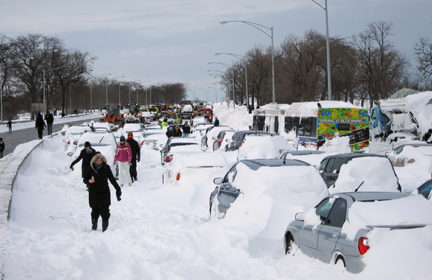What are my fellow urban Canadians doing different about prepping? Here’s some of what I have done and worked.
I hope I’m not duplicating an existing thread, but I thought it would be useful to have some discussion specific to Canadian members, given differences in laws, available products, climate, infrastructure, etc. I’m a newish prepper and am interested in how others are setting themselves up. I live a in a city in Western Canada, in a condo, so I don’t have land, a garage, or tons of storage space. Given those limitations I’m still better set up than most people in my city.
First, my perspective. I really only focus on a two-week scenario. I’m assuming my plan would involved (1) bugging in, (2) assisting three elderly family members, (3) contending with overloaded public services, and (4) no “societal breakdown,” partly because that is such a vague concept. I have no problems with guns but don’t own any and don’t plan to (though I might get armor). There are very different laws here regarding weapons, self-defense, etc., and it would be good for Canadians to be aware of those.
My main scenarios are (1) loss of power during extreme cold or heat, (2) water system breakdown, (3) air contamination largely from fires.
I’ve developed my plan by asking, what would I need to get by, and what shortfalls/losses would I find demoralizing. So I’ve planned on the high end for maintaining hygiene and related items. If the water system went down, the prospect of 00s of 000s or millions of people pooping in their yards or plastic bags (ineptly and in a panic) raises concerns about air and water contamination, and obvious panics about supplies.
I have food and water preps, medical, and air filtration, so far. I’m investigating solar generators and am debating which one I should get (affordable but also useable over 14 days), as well as a panel. I’d prefer to get a large unit and two smaller ones for elderly family members.
For the elderly family I’ll be assisting, the first question is whether they’re safe to remain at home, or join me. In general, I’ll want to stay away from hospitals and any emergency public service centers as they’ll be chaotic and unpredictable, so psychological and medical aid on site is preferable.
Because I have limited space and am not planning for a very extreme scenario, I’m not going into my preps in detail because they’re pretty standard. But I’m curious what other Canadians, especially urban dwellers, are doing.
-
Comments (3)
-
